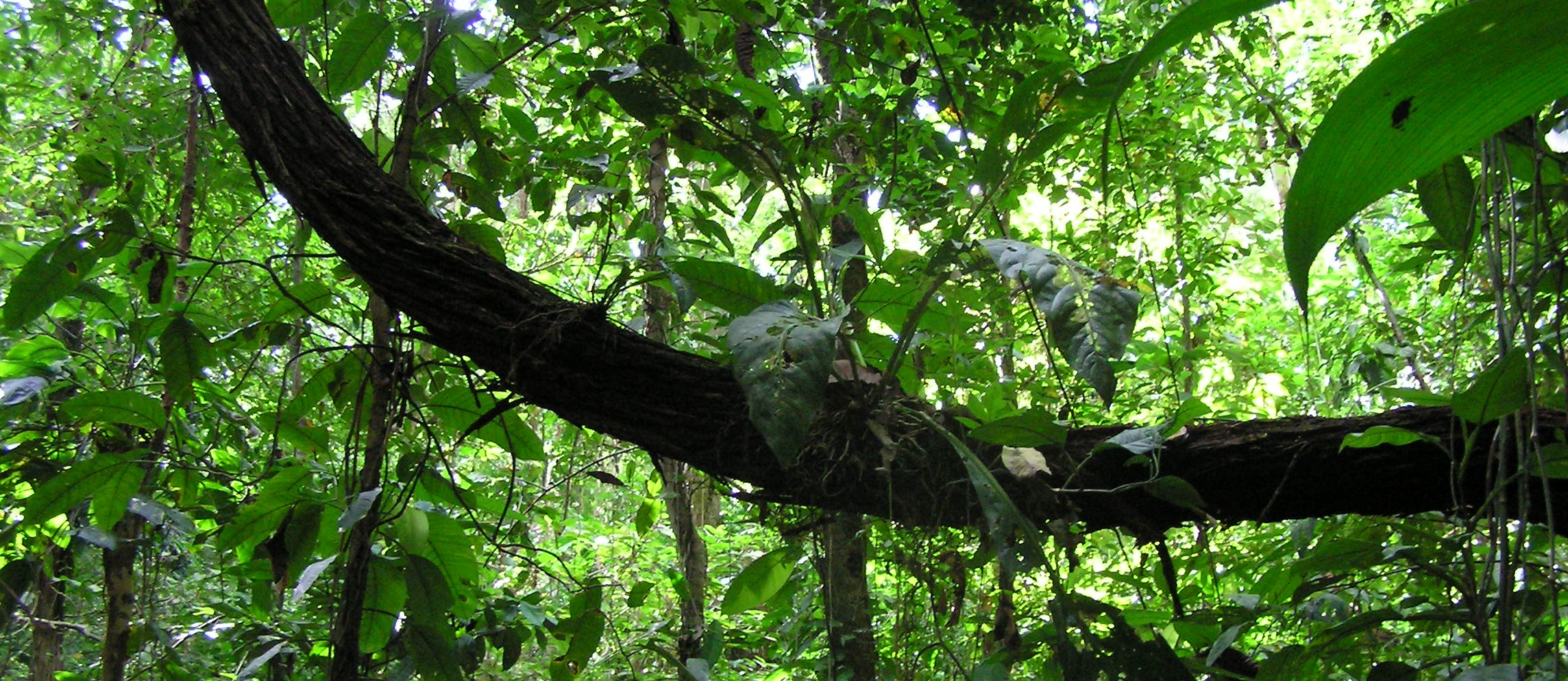Title
The abundance and site preferences of rattan (Calamus exilis and Calamus zollingeri) in 2 Indonesian national parks
Document Type
Article
Publication Date
1993
Volume Number
59
Source Publication
Forest Ecology and Management
Abstract
The abundance and site preferences of Calamus exilis and Calamus zollingeri were studied in primary forests of Kerinci- Seblat National Park and Dumoga Bone National Park, Indonesia, respectively. Forty sample plots, each 0.05 ha in size, were established at random in principal rattan collecting areas in both parks. In each plot the number of rattan plants and canes, predominant light regime, soil nutrient characteristics and soil drainage patterns were measured. An average of 284 C. exilis plants with 191 mature canes and 1910 m of harvestable cane were observed per hectare in Kerinci-Seblat National Park. An average of 38 C. zollingeri plants with 86 mature canes and 2660 m of harvestable cane were observed per hectare in Dumoga Bone National Park. Populations of C. exilis (number of plants and canes) were negatively related to high light intensities. Conversely, populations of C zollingeri (number of plants and canes) were positively related to high light intensities, specifically those associated with gaps in the forest canopy. Implications of rattan abundance and light preferences for cane harvesting and forest management are discussed.
